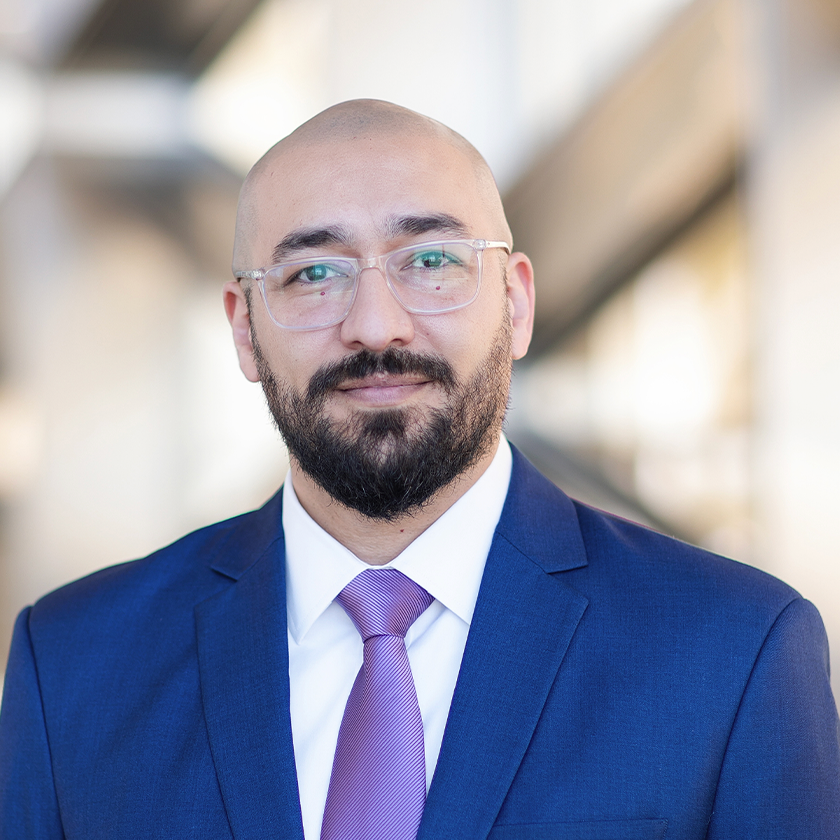
Alfonso Caraveo
Assistant Professor, Materials Science and Applied Physics
Physical Science and Engineering Division
“By engineering materials at the atomic scale, we’re not just improving technologies—we’re shaping the future.”
Program Affiliations
Biography
Dr. Alfonso Caraveo is an assistant professor of materials science and engineering at KAUST, and principalinvestigator of the Advanced Sensing and Actuation Laboratory (ASAL), a lab dedicated to researchingmultifunctional and responsive materials for use in advanced sensing and actuation technologies. Amongthe first graduates of KAUST in 2010, Caraveo went on to earn his doctorate at the university in 2013. Helaunched his career at Saudi Basic industries Corporation (SABIC) as a senior scientist and project lead todevelop new polymer composites and disruptive sensing technologies, applying expertise in triboelectricmaterials, piezocomposites, thin film transistors, touch and force sensors, haptic feedback devices and thinfilm circuitry. He joined the University of Texas at Dallas in 2018 as a research scientist, managing a groupfocused on the development and commercialization of solid-state radiation detectors. In 2023, he returnedto SABIC, assigned with identifying opportunities in the electrical and electronics market. ProfessorCaraveo has 26 publications in peer-reviewed journals, two book chapters, 14 granted patents and 28 USpatent applications. He has transferred four R&D projects to commercialization and led the sale of a startupcompany to a global manufacturer of high-value, high-performance consumer electronics. Major grantawards include funding from the National Science Foundation, National Geospatial-Intelligence Agency,Department of Homeland Security and Department of Energy.
Research Interests
Dr. Alfonso Caraveo’s research interests are in multifunctional and responsive materials for physical sensing, actuation and micro-mechanical energy harvesting. His current work focuses on engineering the piezoelectric and electrostatic responses of ferroelectrets — lightweight, flexible materials that trap electric charges and can potentially surpass the performance of traditional piezoceramics.
Multifunctional materials are highly useful for enhanced sensor performance given their ability to integrate multiple properties—e.g., electrical conductivity, mechanical flexibility, optical responsiveness and environmental adaptability—into a single system, enabling compact, lightweight and energy-efficient designs that improve sensitivity, selectivity and durability. Caraveo’s research aims to translate the fundamental understanding of the structure-property-processing relationship of these materials into applications in advanced sensing technologies, structural electronics and soft robotics.
Education Profile
Ph.D., Materials Science and Engineering, KAUST, Saudi Arabia, 2013
M.Sc., Materials Science and Engineering, KAUST, Saudi Arabia, 2010
B.Sc., Summa Cum Laude, Mechatronics Engineering, Monterrey Institute of Technology and Higher Education, Mexico, 2009
Awards and Recognitions
Publications
Research Areas
- Material Science and Engineering

